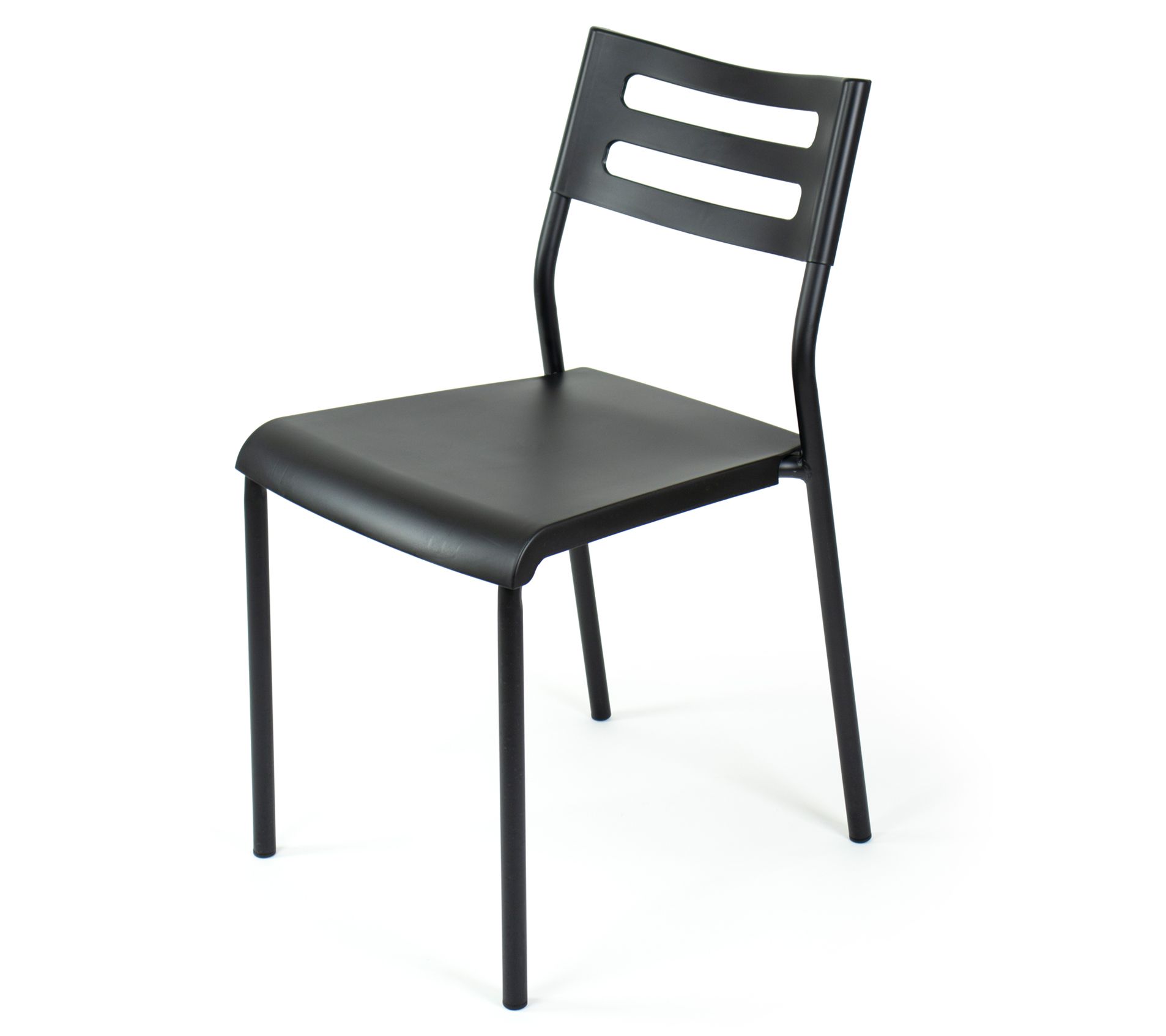Manufacturing and Sustainability Aspects of the “Lucky Theory Desk Chair”
The Lucky Theory desk chair represents a commitment to both ergonomic design and responsible manufacturing. Understanding its production process and environmental impact is crucial to appreciating its overall value proposition. This section delves into the specifics of the chair’s creation, from material sourcing to its ultimate environmental footprint, and compares its manufacturer’s practices to industry standards.
The Lucky Theory desk chair’s manufacturing process begins with meticulous material sourcing. The manufacturer prioritizes sustainably harvested wood for the chair’s frame, opting for certified sources that adhere to strict environmental regulations. This ensures that the wood used is responsibly sourced, minimizing deforestation and promoting forest regeneration. For the chair’s upholstery, recycled and recyclable fabrics are utilized whenever possible, reducing reliance on virgin materials and minimizing textile waste. The chair’s metal components are sourced from suppliers committed to reducing their carbon emissions through efficient manufacturing processes and the use of recycled metals. The entire assembly process is conducted in a facility powered by renewable energy, further minimizing the chair’s overall environmental impact.
Material Sustainability and Carbon Footprint
The Lucky Theory desk chair’s commitment to sustainability extends beyond material sourcing. The manufacturer meticulously tracks and minimizes the chair’s carbon footprint throughout its entire lifecycle, from material extraction to transportation and disposal. This includes optimizing packaging to reduce waste and utilizing efficient transportation methods to minimize fuel consumption. Life cycle assessments are conducted regularly to identify areas for improvement and to track progress toward reducing the chair’s environmental impact. For example, the manufacturer has implemented a closed-loop recycling program for certain components, ensuring that materials are reused whenever possible. This proactive approach to environmental responsibility results in a significantly lower carbon footprint compared to many industry competitors.
Comparison to Other Furniture Brands, Lucky theory desk chair
While many furniture brands are increasingly adopting sustainable practices, the Lucky Theory chair’s manufacturer stands out through its comprehensive approach. Many competitors focus on a single aspect of sustainability, such as using recycled materials, but often lack the holistic approach adopted by the Lucky Theory chair’s manufacturer. The manufacturer’s commitment to renewable energy, closed-loop recycling, and transparent supply chain management distinguishes it from brands that lack similar comprehensive sustainability initiatives. The result is a product that not only provides superior ergonomic support but also represents a conscious choice for environmentally conscious consumers. Independent audits and certifications further verify the manufacturer’s commitment to sustainable practices, providing consumers with the assurance that their purchase aligns with their values.
The Lucky Theory desk chair embodies a philosophy of responsible manufacturing, prioritizing both ergonomic design and environmental sustainability. This commitment is reflected in every stage of its production, from material sourcing to end-of-life management.

